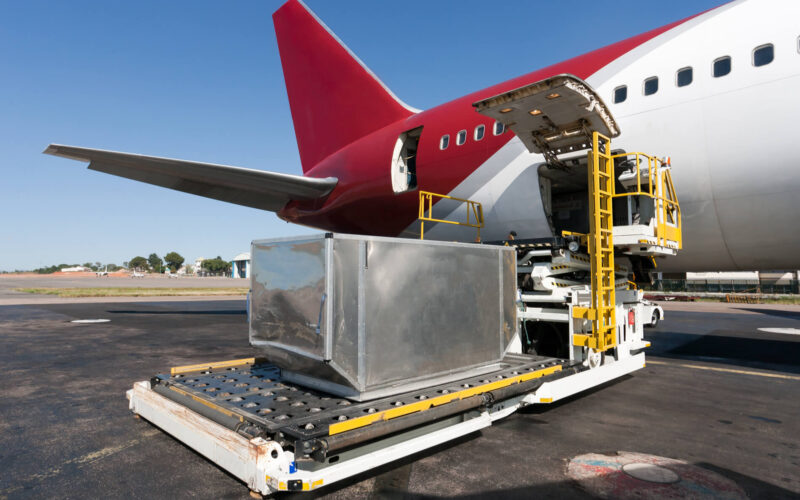South Korea raised the limit of dry ice a plane can carry which will allow planes to transport more containers of COVID-19 vaccines.
On December 8, 2020, the South Korean deputy minister for aviation told Reuters that the country has eased the limits on dry ice and as a result more than tripled the number of containers carrying vaccines in a cargo flight.
The limit of dry ice has been raised from 3,300 to up to 11,000 kilograms which will allow a Boeing 747 cargo plane to carry 52 containers of vaccines, up from 15, according to Kim Sang-do, the deputy minister for civil aviation.
Air cargo faces a challenge as usually airplanes can only carry a limited amount of dry ice. Also known as frozen carbon dioxide, over time it turns to gas and displaces the breathable air in the cabin. In order to lift the limit, safety measurements, such as carbon dioxide emission inspection and installation of gas meters, have to be enhanced, according to the minister.
On December 8, 2020, the South Korea’s government announced it had ordered COVID-19 vaccines for 88% of its population, or 44 million people. Shipments of the vaccine would begin no later than March 2021.
The advancement comes in time when governments around the world are working to make sure the cold chain delivery systems, needed for vaccines like Pfizer’s, are in place. Pfizer’s vaccine requires a storage of minus 70 degrees Celsius, while Moderna’s needs to be kept at minus 20°C.
Pfizer’s vaccines have been already transported by airlines such as United Airlines. The air carrier operated a special charter flight from Brussels, Belgium to Chicago O’Hare International Airport (ORD), carrying the Pfizer vaccine so it is readily available once it gets approved. The flight required an approval from the Federal Aviation Administration (FAA) to pack a higher amount of dry ice than is usually allowed. The FAA said it is working to provide guidance on dry ice safety rules.
The UK authorized the BioNTech/Pfizer vaccine on December 2, 2020. Britain is the first country to approve the vaccine and the first shots were given on December 8, 2020.

